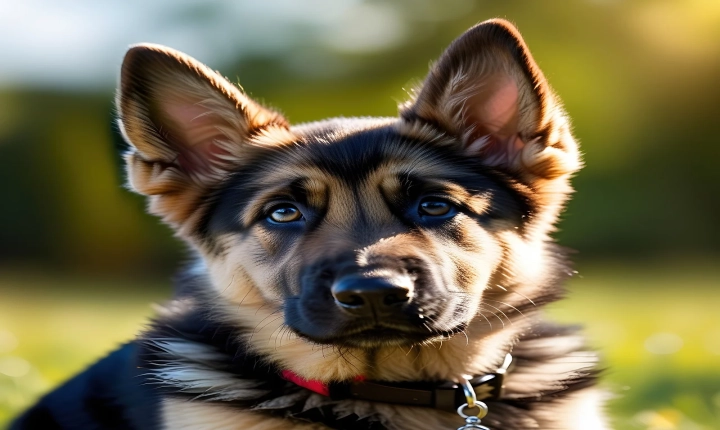Is AI Stealing Art?
The rise of artificial intelligence (AI) has brought about many remarkable advancements across various fields. However, there has been growing concern within the art world about the potential for AI to “steal” art. This concern stems from the use of AI to create original pieces of art and the question of whether AI-created art can be considered truly original.
One of the key issues surrounding AI-created art is the question of authorship. While AI systems are capable of generating art, they do so based on algorithms and data, leading to the question of who should be credited as the true creator of the artwork. Can the AI itself be considered the artist, or should the human programmer or designer be given credit? This dilemma raises complex legal and ethical questions about intellectual property and the rights of creators.
Another aspect of the debate is the impact of AI-generated art on the traditional art market. Some argue that AI-created art devalues the work of human artists, as it can flood the market with cheaply and easily produced artworks. This could potentially harm the livelihood of human artists and disrupt the established art ecosystem. On the other hand, proponents of AI-generated art argue that it opens up new creative possibilities and provides a platform for exploring innovative artistic techniques.
The issue of originality is also a point of contention. With AI capable of analyzing and mimicking existing styles and techniques, there are concerns about the authenticity and uniqueness of AI-generated art. Critics argue that AI-created art lacks the soul and depth that comes from the personal experiences and emotions of human artists. They argue that true art should be a reflection of the human condition, and that AI-created art falls short in this regard.
However, supporters of AI-generated art point out that it can serve as a valuable tool for artists, providing inspiration, generating new ideas, and pushing the boundaries of creativity. AI can assist artists in exploring new techniques and styles, helping to expand the possibilities of artistic expression.
In conclusion, the rise of AI in creating art raises important questions about the nature of creativity, originality, and authorship. The debate surrounding AI-generated art reflects broader societal concerns about the role of technology in shaping the future of creative industries. Ultimately, the ethical and legal implications of AI-generated art will need to be addressed as the technology continues to evolve. As with any new form of technology, it is important to carefully consider the impact of AI on the art world, and to ensure that the rights and contributions of human artists are respected and protected.
